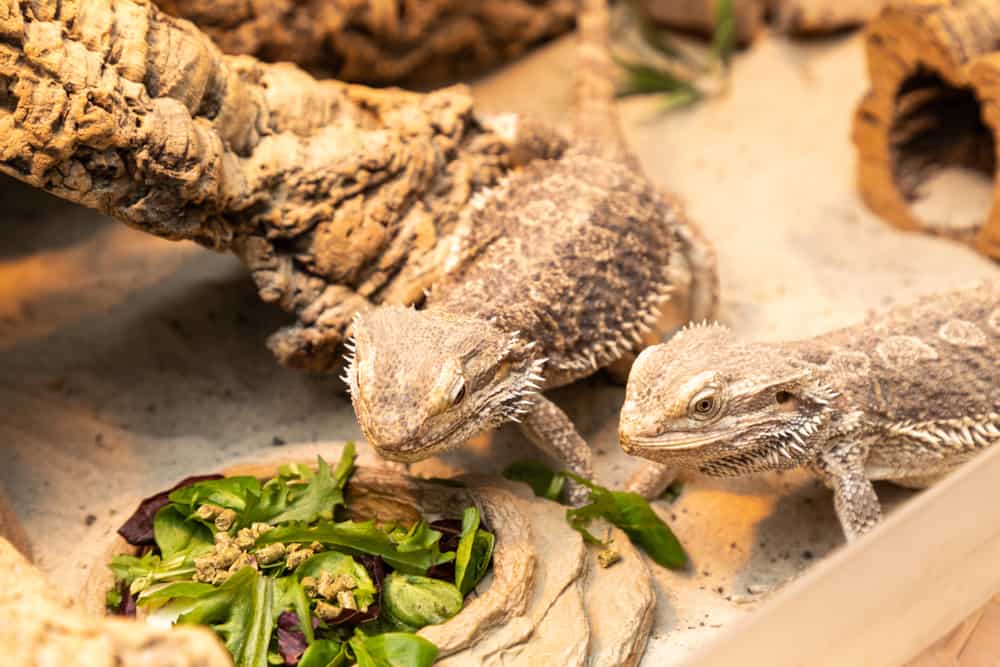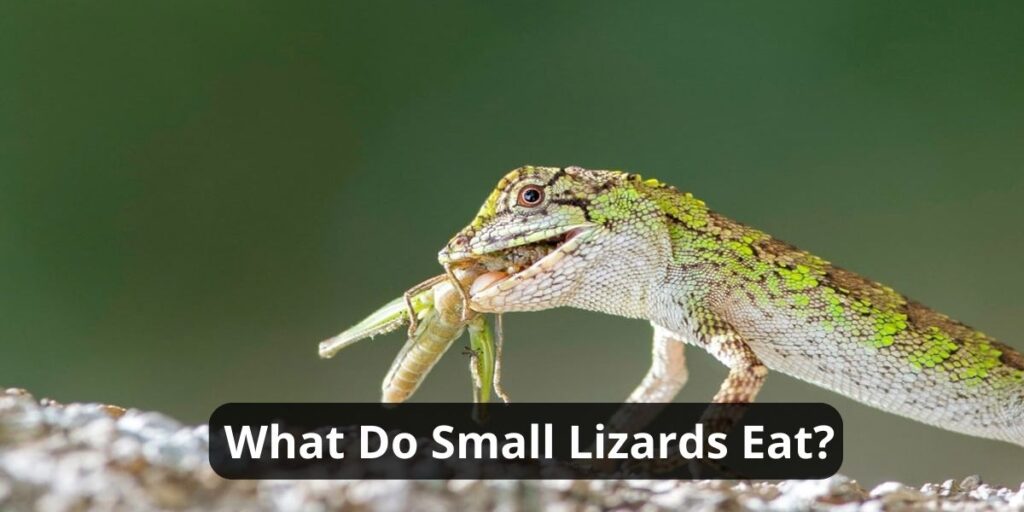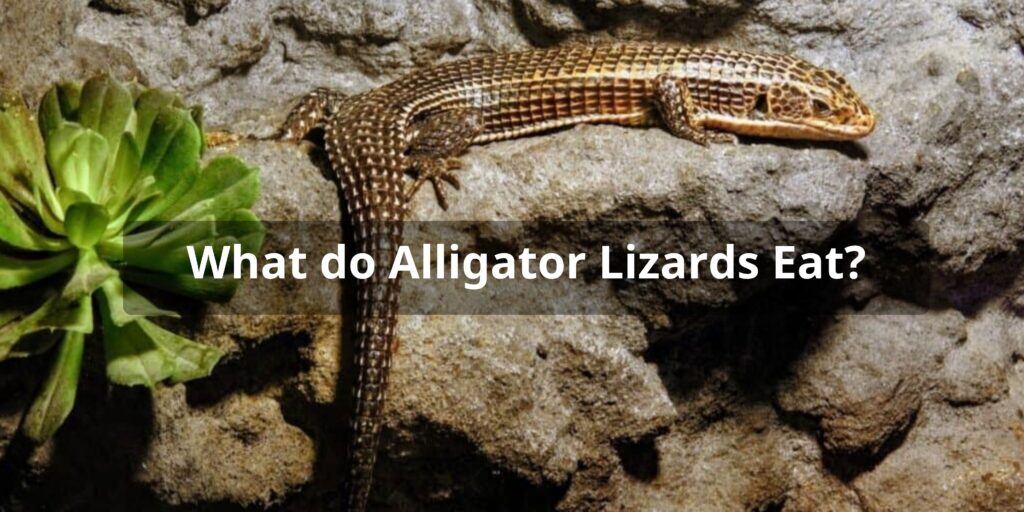As a reptile enthusiast, you may often find yourself pondering over the question, “What do small lizards eat?” Understanding the dietary needs of these fascinating creatures is crucial for their well-being and longevity. In this article, we will delve into the world of small lizards, exploring their varied appetites and shedding light on their dietary preferences and requirements.
The Importance of a Nutritious Diet
Ensuring that your small lizard receives a balanced and nutritious diet is paramount to its overall health. By meeting their specific dietary needs, you can help them thrive and prevent potential health issues. So, let’s dive right in and discover what small lizards devour to fuel their active lives.
1. Insects: Nature’s Delicious Buffet
Small lizards, including anoles, geckos, and skinks, primarily feed on insects. In their natural habitats, they encounter a diverse range of crawling critters that make up their daily menu. From crickets and mealworms to flies and spiders, the insect realm offers a tantalizing array of options. These agile hunters rely on their quick reflexes and sticky tongues to catch their prey effortlessly.
2. Vegetables: A Healthy Addition to the Plate

While insects form the foundation of a small lizard’s diet, supplementing it with vegetables is beneficial. Leafy greens such as collard greens, kale, and dandelion greens provide essential vitamins and minerals. Additionally, brightly colored fruits like berries and melons can be offered as occasional treats, adding variety to their meals.
3. Commercial Diets: Convenience Meets Nutrition
For those pet owners seeking convenience without compromising their small lizard’s nutritional needs, commercial diets are available. Formulated specifically for reptiles, these diets come in pelleted or powdered form and often contain a blend of insects, fruits, vegetables, and essential supplements. However, it’s important to note that these diets should not replace the entire menu but rather act as a supplement alongside live prey.
4. Live Prey: Mimicking Nature’s Bounty
To satisfy both the dietary and instinctual requirements of small lizards, offering live prey is crucial. Watching your lizard stalk, chase, and pounce on its meal provides enrichment and exercise. It’s like a mini-reenactment of their natural hunting behavior. Just ensure the prey is appropriately sized, avoiding anything larger than the width of their head to prevent choking hazards.
5. Calcium and Vitamin Supplements: Strengthening Bones
Small lizards, especially those kept in captivity, often require additional calcium and vitamin supplements. Calcium plays a vital role in bone health, preventing the development of metabolic bone disease. Dusting insects or dipping them in calcium or multivitamin powders before feeding helps fulfill these nutritional needs. However, moderation is key, as excessive supplementation can be harmful.
FAQs About Small Lizard Diets
Can small lizards eat fruits?
Yes, small lizards can consume fruits, but they should be offered sparingly as treats rather than being a staple in their diet.
How often should I feed my small lizard?
The frequency of feeding depends on the species and age of your lizard. As a general guideline, juvenile lizards may require daily feedings, while adults usually thrive on a diet offered every two to three days.
Should I gut-load insects before feeding them to my lizard?
Gut-loading involves feeding nutritious foods to insects to increase their nutritional value for the lizard. This practice is highly recommended as it enhances the overall nutrient intake of your small lizard.
Can I feed my small lizard frozen-thawed insects?
While some lizards may accept frozen-thawed insects, many prefer live prey due to their natural hunting instincts. Experiment with different options to see what your lizard prefers.
What are the signs of an unhealthy diet in small lizards?
A lack of appetite, weight loss, lethargy, and dull skin are common indicators of a poor diet in small lizards. If you notice any of these signs, consult a veterinarian for advice on improving their nutrition.
In Conclusion
Understanding the dietary requirements of small lizards is essential for their well-being. By providing a balanced diet consisting primarily of insects, supplemented with vegetables, commercial diets, and live prey, you can ensure your small lizard enjoys a healthy and varied menu. Remember to offer calcium and vitamin supplements in moderation and observe your lizard’s behavior and overall health regularly. With proper nutrition, you can contribute to the longevity and vitality of these captivating reptiles.



